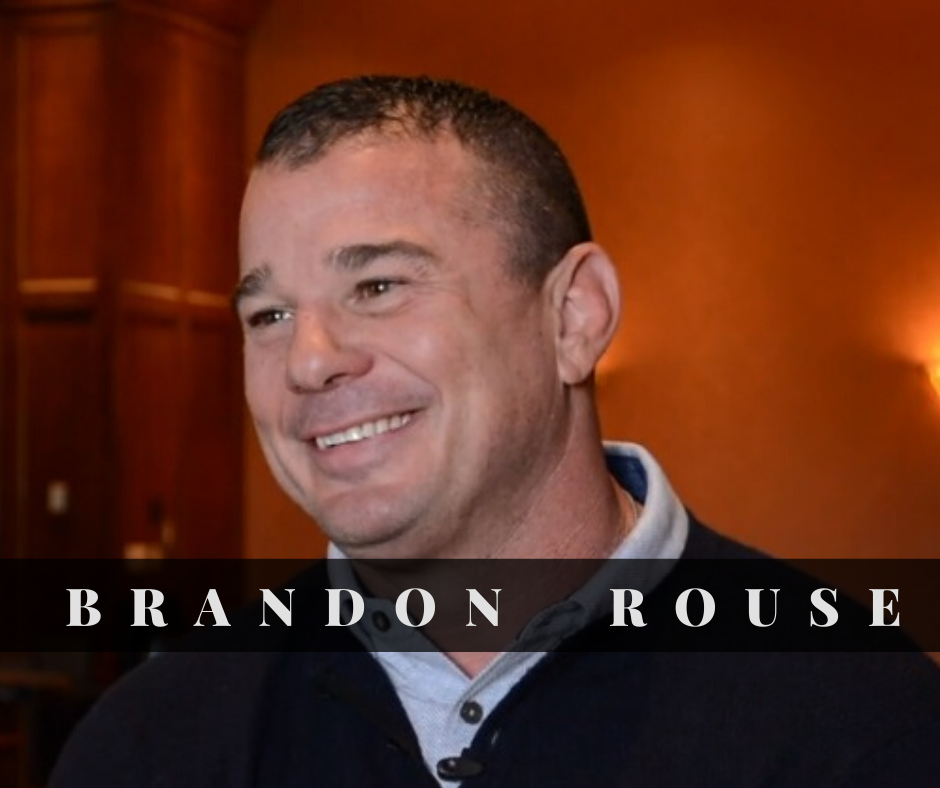Would you agree that challenges are inevitable companions? Whether we face personal setbacks, professional obstacles, or unforeseen circumstances, our ability to “weather the storm” often boils down to one critical trait: resilience. Resilience is more than just bouncing back from adversity; it’s about embracing setbacks as opportunities for growth, summoning our inner strength to persevere, and emerging stronger and more capable on the other side. As the CEO of RX Medical, a company that provides innovative technological and medical advancements, experience has taught me well. As a distributor of Zimmer Biomet, Orthofix, Breg, and others, we’re dedicated to providing industry-leading orthopedic, spine, and pain solutions—a high-pressure field that requires our employees to sharpen their resilience muscles daily..

In this month’s LinkedIn article, we’ll explore the importance of uncovering how resilience, an invaluable trait, can empower us to overcome obstacles, thrive amidst adversity, and ultimately, achieve our fullest potential. I’ve noticed some tout “resilience” as a fundamental core value within their organization but sometimes fall short when it comes to embodying the true qualities associated with the word. According to best-selling author and leader Richard Sutton, leaders today best serve their organizations when they promote workplace cultures grounded in values including trust, dignity, and respect to fortify resilience among team members.

Commit to “Tempering” – A Way to Strengthen Traits Associated with Resilience
In Sutton’s publication, Thrive; The Power of Resilience, he suggests strengthening resilience through a process he coins “tempering.” It means to refine existing coping mechanisms while also embracing the acquisition of new, unfamiliar skills when necessary. He suggests evaluating key resilience traits including cognitive flexibility, adaptability, optimism, conscientiousness, agreeableness, drive, rationality, logic, alignment with personal values, emotional regulation, goal-oriented behavior, self-assurance, persistence, commitment to personal well-being, access to a supportive network, utilization of positive coping strategies, and a willingness to embrace new experiences to name a few. Next, Sutton proposes we devise actionable steps to nurture growth in any areas requiring further development.
When openness is cultivated within workplaces, most benefit because not only does it foster a way to increase resilience; it also boosts creativity. Sutton refers to “cognitive persistence” in his book – the degree of focused and sustained effort we can apply to each challenge. Leaders serve their organizations when they take steps to help reduce and manage employee stress in the workplace (and in our personal lives) – crucial steps to support creativity and drive innovation further in 2024.

Constructively Reframe Challenges: 7 Questions
In Suttons’ publication, he believes boosting resilience starts when we learn “cognitive reappraisal,” a vital skill that helps us reframe adverse events from a positive perspective. Next time you are triggered, practice the reappraising technique. Ask yourself the following questions when facing challenging situations:
- “Is there anything I can gain or learn from this obstacle?”
- “Will this challenging situation bring me any future positive outcomes?”
- “How have I grown from this challenge?”
- “Can I find a deeper meaning in this challenge?”
- “Am I reactively or proactively dealing with this challenge?”
- “How open am I to experiencing something new?”
- “What steps can I take tomorrow to help me progress in a positive direction?”

Red Flags to Avoid
Tempted to avoid the allure of handling life’s hurdles through detrimental coping strategies like avoidance, rumination, or repression? Whenever possible, pivot from red flags by applying Sutton’s “psychological distancing” process. This means creating emotional space from stressful situations to maintain a healthy mindset. He suggests concentrating on taking constructive steps forward and refraining from using first-person language when reflecting on or discussing challenging issue. For instance, if a client sales meeting didn’t go as planned, rather than blaming and shaming yourself with statements like, “I messed this up. I rambled too much,” shift perspective by focusing on improvement opportunities instead. Here’s an example, “That meeting didn’t meet expectations. Next time, I’ll focus more on active listening and simplifying my message.”
At the end of the day, everyone is capable of extraordinary outcomes and it serves us to remember we are not bound by limitations (whether self-imposed or from external sources).
📌LEADERSHIP CHALLENGE: What action steps will you take to navigate difficult challenges ahead and exercise resilience? Developing long-term resilience requires adaptability.

Brandon Rouse leads a diverse & growing team of professionals well-versed in the challenges facing healthcare. Headquartered in OKC, OK, Brandon’s experienced team represents various technological & innovative medical solutions. ZB RX Medical is a direct distributor of Zimmer Biomet.


